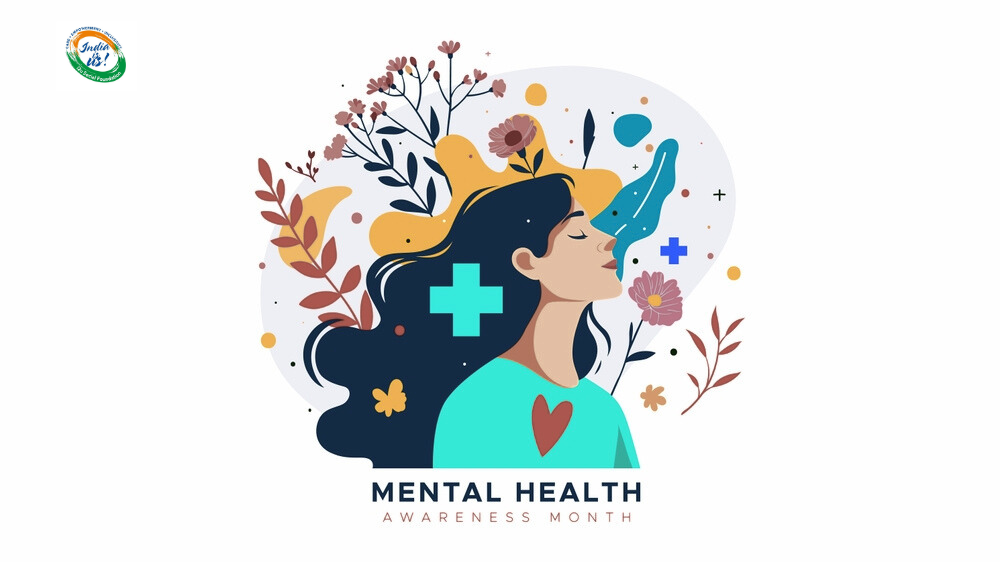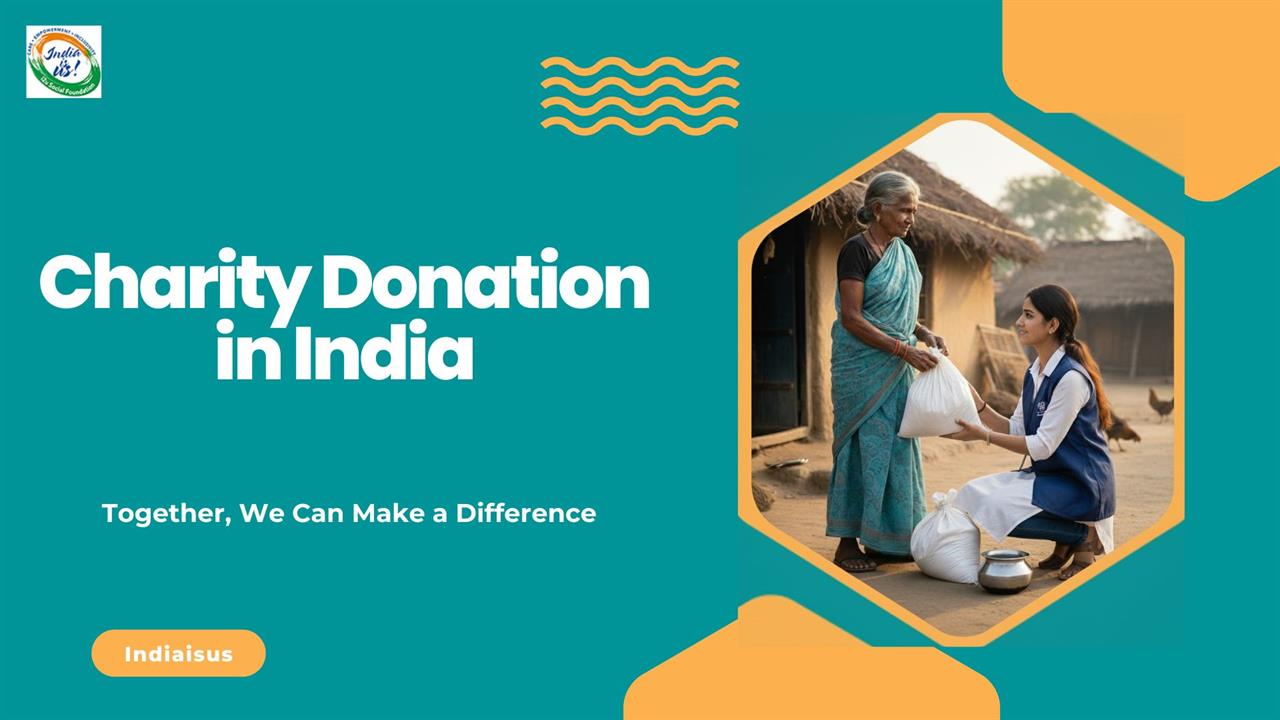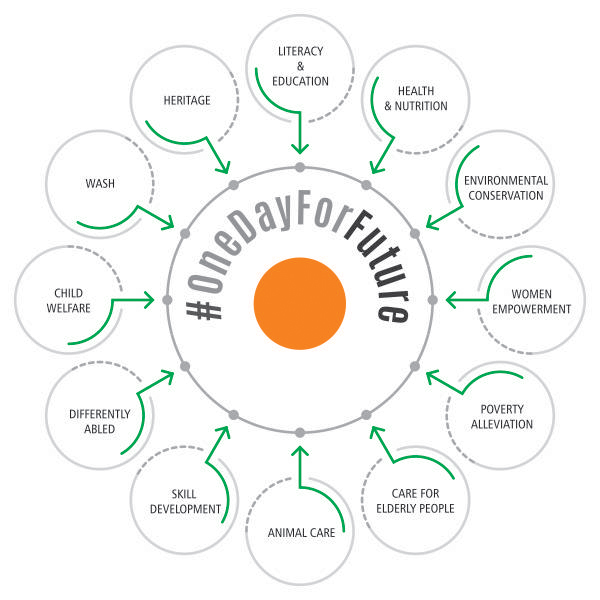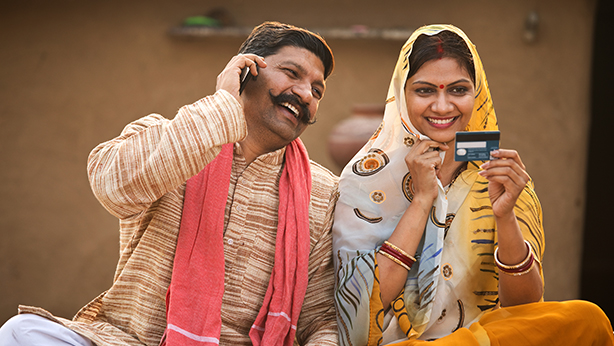Use your power to make a difference by joining our Let's Do Good initiative.
Mental Health: Breaking Barriers in Our Modern World
Monday , 26 May 2025- 5 min. read
Donate for Mental Health
We exist in a world of unmatched connection but the ultimate paradox is that we still feel incredibly isolated. It seems like our calendars are bombarded with commitments, our devices are ringing and vibrating with notifications and reminders, but yet we are forgetting one very significant thing - our mental health. The conversations around mental health are becoming very popular lately, but we still have a long journey ahead when it comes to misinformation, stigma and actual change. Mental health is more than the absence of mental illness; mental health is about our emotional well-being, psychological safety and striving to become who we are meant to be and achieve fulfillment in our lives.
The Hidden Battles
Most people struggle internally with troubling aspects of their mental health without it being evident to others. Mental health challenges don't always come as full blown episodes or come with ample warning signs. Much of the time, it is invisible inner turmoil - continuous worry, problems concentrating, emotional disconnection, or merely withdrawing from a meaningful experience in life. These internal mental health struggles are too often ignored, especially in cultures that promote mental toughness and consider being vulnerable as being weak.
It is time we started to reframe our thinking on psychological health as part of healthfulness. Anxiety, depression, trauma responses, and burnout are not flaws or weaknesses in the person. They are the mind responding to pressures, internally and externally, that have become untenable. Whether it is the student grappling to meet impossible demands on their (from society's perspective) educational experience; someone at their place of employment overextending their capacity; a caregiver who is worn-out; or anyone feeling overwhelmed, your experience is not unique—it represents the experience of society.
How Society Contributes to Psychological Health
Psychological health does not develop in a vacuum. Our psychological health develops through and is shaped by our surrounding environment, including family, educational institutions, workplace, neighborhood, and larger economic and social structures that govern society. Issues such as poverty, oppression, violence, and social isolation are not simply social justice issues, they are mental health emergencies and indicators of poor psychological health. Living with the chronic stress of navigating a flawed and inequitable system leaves wounds on psychological health.
Think of a young person living in an abusive home, a student who has to deal with discrimination because of their background, a person whose identity is disavowed everywhere, or a worker living paycheck to paycheck without security. These are not individual situations—these are systemic conditions that have deep psychological implications. If we want to take mental health seriously, we need to address inequality, exclusion, and lack of safety in many people's daily lives at the same time.
Workplace Mental Health is Real
Many organizations have engaged in mental health initiatives recently, but often these initiatives only involve some form of "doing"—a few yoga classes, a wellness day on the calendar, or nothing but hiring a poster company to encourage people to seek help. These are the right moves, but they do not mean anything without real structural changes. Real workplace mental health needs to extend beyond a poster on the wall.
True psychological safety in the workplace happens when an employee can claim their struggles without the fear of stigma or career consequences. In order to get to that point, organizations need to have true workplace policies that embrace work-life integration--particularly for those employees with caregiving obligations or chronic medical conditions. Organizations need to provide management training, so managers recognize when employees are in distress and react with compassion as opposed to ignorance/inaction. Mental health should not be a distant, organizational thought. It should be the reason we build productive, humane workplaces.
The Emotional Cost of Education
For most of the world today, particularly in academically competitive societies, educational success comes at the expense of emotional health. Students are taught to pursue grades over people. Mistakes become shameful experiences and the competition to get ahead of one's peers in academics can be overwhelming. As a result, psychological distress in students, including depression, anxiety, and self-harm, has reached epidemic levels.
Schools have to stop being testing ecosystems. Mental health literacy should now become part of the course catalog alongside traditional curriculum. Students need to experience self-expression, affirmation and learn emotional skills. Mental health professionals need to be as common as subject teachers, not only in schools but in school-based programs. The end consequence should be self-aware, emotionally intelligent, and socially responsible rather than perfect grades.
Cultural Barriers and the Weight of Shame
Awareness has grown around mental health, but stigma persists. In many communities, the suffering of mental distress is synonymous with weakness, embarrassment, or character flaws. Telling people to "just toughen up," "have more faith," or "just be positive" occurs frequently. These messages diminish genuine suffering and serve to isolate those who need our support the most.
This silence can also create deep isolation. Many people suffer feeling that by sharing, they will become a burden or be judged. Solomon suggests that families are the first place we should begin changing how we relate to each other—listening parents instead of judging ones, supportive partners instead of fixers, and asking friends instead of telling friends.
Cultural patterns operate as influencers, but they are not immovable. Changing the narrative to one that allows for people to say "I'm struggling" creates pathways to healing for individuals and entire communities.
Real Self-Care Explained
Self-care is an increasingly popularized term that has been trivialized into spa rituals or meditative moments of pampering. While those comfort moments may help, real self-care is so much deeper than that. Real self-care is about setting limits, learning how to say "no", seeking help from professionals, unplugging from our digitized, always-on world, and choosing to rest in a culture that glorifies burnout.
Self-care is not a lifestyle fad; self-care is a social mandate for survival. Self-care means tuning into your physical and emotional cues, when they're subtle, versus when they make you feel overwhelmed. It involves a practice of self-reflection, conceptualizing your wants and needs, and legitimizing your right to be good to yourself. This is a deeply individual and inherently political space for anyone who is consistently reading the "shoulds" of everybody else.
It's a Collective Responsibility
Mental health is not simply an individual problem; it's a collective responsibility. The government has to improve mental health resources, involve mental health practices in mainstream health services, to make services accessible in rural and Indigenous communities. It has to legislate to keep the rights of people living with mental illness protected. Public health campaigns must continue to normalize mental health discussions.
Organizations need to create an ethos of mental wellness, and not an output driven one. Educators must make emotional learning valuable to all learners. Mental health needs representation rightfully and beyond damaging myths and stereotypes. As people, we need to show up with more compassion, both to others and ourselves.
Finding Hope through Connection
Getting to mental wellness isn't a direct process. There will be roadblocks, frustration, and even days where we can't get out of bed for all of the small things that, today, feel too big. But this is a path worth taking. Recovery is possible, support is available, and there is genuine hope. Feelings of connection with others in our communities is an important part of this process. Asking a friend about their day sometime makes the other person feel that they are not isolated, that someone else sees their struggles, listens to their experience, and stands by them can make a world of difference.
Whether you are grappling with your own mental well being, helping someone with mental well being, supporting youth, or adding to the support systems for mental well being, every movement toward transparency, understanding, and authentic response is valid and matters. Every step forward you take toward transparency, understanding, and authentic action brings us closer to a world that values, respects, and treats mental well being the way it was meant to be treated.
In the end, mental health is not the destination, it's a practice. The practice of ongoing self-awareness, ongoing connection to others and ongoing space for ourselves and others. We don't have to wait until a crisis forces us to take care of ourselves. We can start taking charge of our mental health now and it's okay for us to talk about it because we all need to be 'in the moment' with our mental health.




.jpeg)













